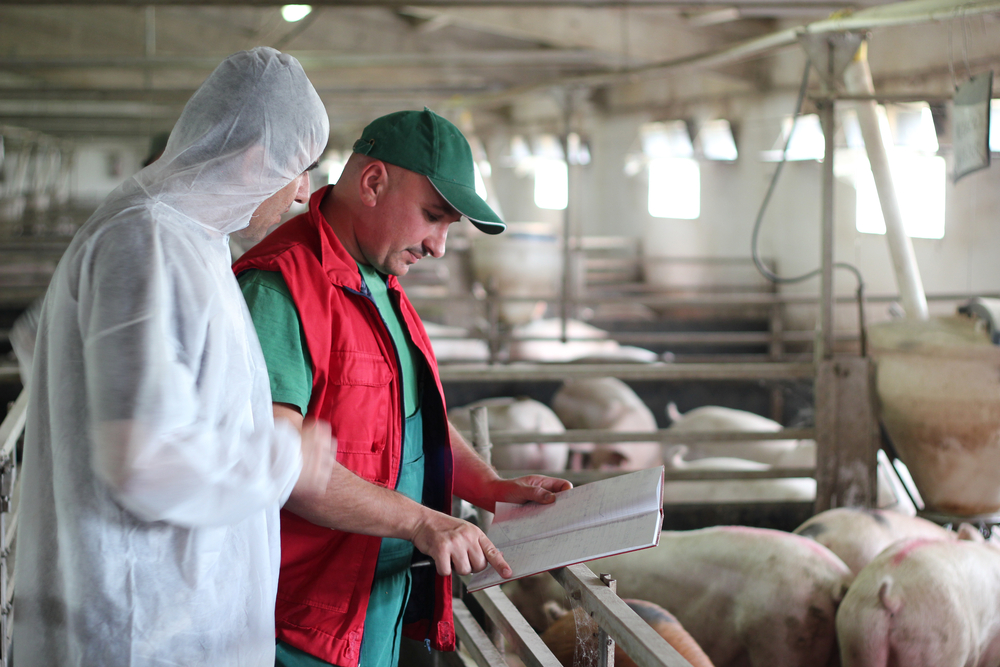Approximately 150 representatives from the private sector, academia and international organizations, such as the National Autonomous University of Mexico, the FAO and the country’s National Service of Agrifood Health, Safety and Quality (SENASICA), among others, participated in the event.

Querétaro, Mexico, 21 June 2023 (IICA) – The integration of agricultural health services with production systems that apply science and adopt good practices throughout the value chain will ensure healthier food consumption and contribute to rural development, according to specialists addressing an international forum on agrifood safety and security, which was also attended by IICA.
Rocío Campuzano, Agrifood Health and Food Safety (AHFS) Specialist of the Inter-American Institute for Cooperation on Agriculture (IICA) attended the forum, which was organized by the Faculty of Chemistry of the Autonomous University of Querétaro in Mexico.
Approximately 150 representatives from the private sector, academia and international organizations, such as the National Autonomous University of Mexico, the FAO and the country’s National Service of Agrifood Health, Safety and Quality (SENASICA), among others, participated in the event.
According to the World Bank and the World Health Organization (WHO), each year the lack of preventative measures and improper food handling in low- and medium-income countries result in productivity losses and medical expenses valuing 110 billion dollars, while 600 million people fall ill and another 420,000 die prematurely.
They also increase the frequency and severity of outbreaks of pests and diseases, which Campuzano explained poses challenges and triggers emergencies that have a profound impact on production, the economy and development.
In his view therefore, the adoption of good production and manufacturing practices, as well as environmentally friendly food processing and marketing and proper public policies will help to prevent, detect and manage food-related health risks.
The IICA specialist revealed that the Institute, through its AHFS program, has organized hemispheric forums, delivered by international experts, to help public and private stakeholders to implement the One Health approach.
Campuzano explained that one of the fundamental means of contributing to agrifood system development is through education; and thus, forums of this nature are important to introduce these critical issues to new generations.
More information:











